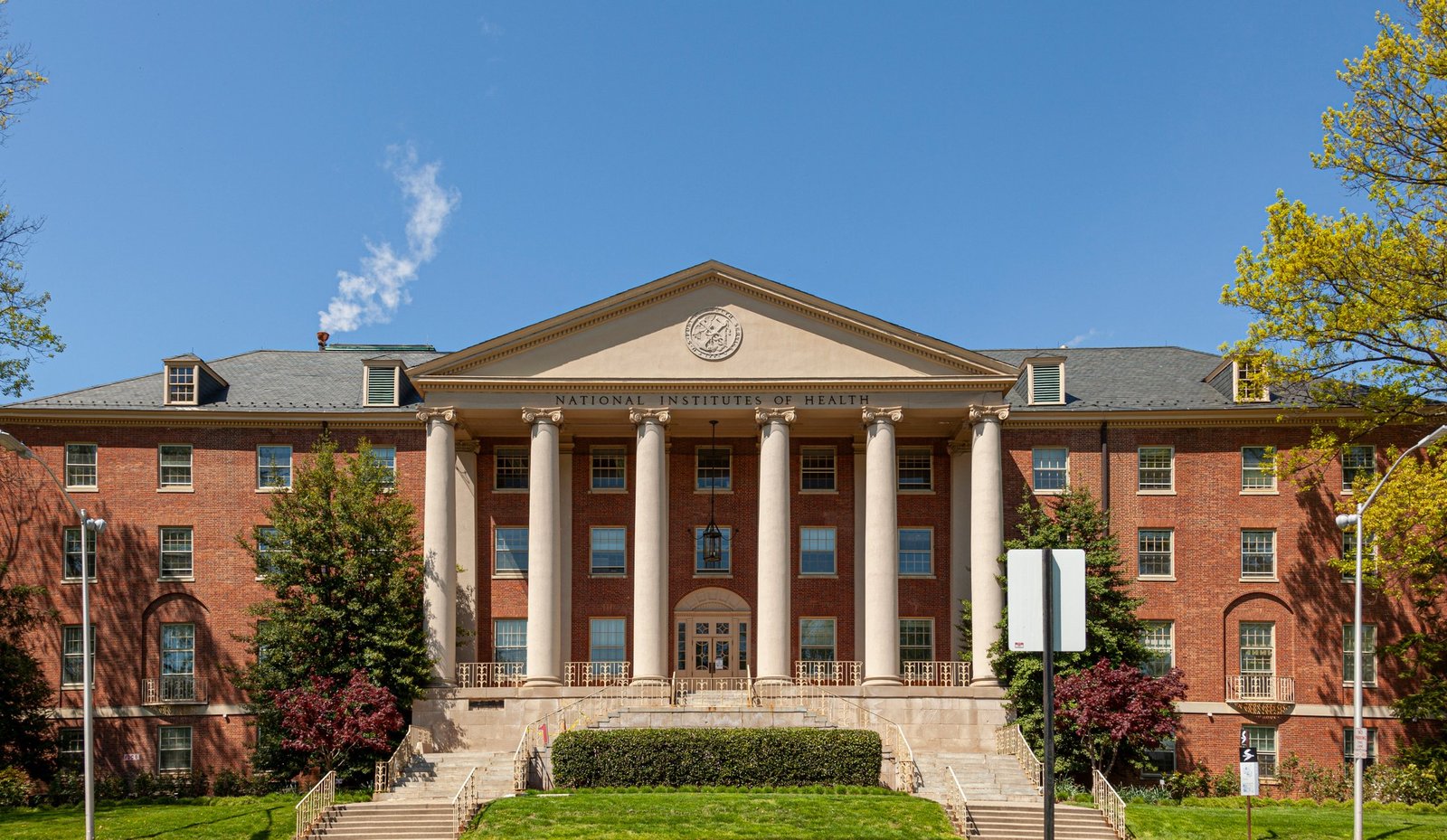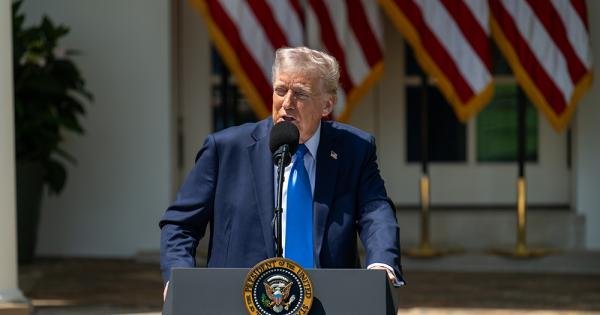Colombia will host the first emergency ministerial summit of the Hague Group this week. The meeting, scheduled for Bogotá on July 15 and 16, seeks to coordinate concrete actions, including “legal and diplomatic measures,” against Israel’s offensive in the Gaza Strip, which member states have not hesitated to describe as “genocide.” The group — made up of Bolivia, Cuba, Honduras, Senegal, South Africa, Malaysia, Namibia, and Colombia — will seek the support of nearly 30 countries and U.N. agencies to exert pressure against “Israel’s violations of international law” in a conflict that has already claimed more than 58,000 lives.
The eight-country bloc was formed in January in the Dutch city from which it takes its name. The members, led by Colombia and South Africa, agreed on three joint actions. The first is to comply with the arrest warrants issued by the International Criminal Court against Israeli Prime Minister Benjamin Netanyahu and his former defense minister, Yoav Gallant. The bloc also aims to prevent the supply of arms to Israel and prevent ships linked to the Israeli military industry from docking in its ports.
Mauricio Jaramillo, Colombia’s Deputy Minister of Multilateral Affairs, emphasized the importance of this ministerial meeting. “On the one hand, we must move from rhetoric to action to stop the genocide. And it is also important to send a signal of support for the multilateral system and international law,” he noted in a telephone conversation. Jaramillo argues that the fact that the eight members of the group are from the so-called Global South is not accidental: “They are the countries most sensitive to this issue, but I clarify that we have extended our invitations to other countries that have taken positions at the United Nations in defense of the self-determination of the Palestinian people, and there are countries from the North, such as Ireland and Spain.” Delegates from both European countries will participate in the conference.
One of the measures being sought, Jaramillo underlines, is the obstruction of “certain exports that allow Israel to continue acquiring war materials.” “What we want is to continue applying pressure to isolate it and stop the punishment of the Palestinians,” he adds.
Colombian President Gustavo Petro stated last week in a column for the British newspaper The Guardian that governments like his own “have a duty to stand up to Israel.” The purpose of the conference, he added, is to “introduce concrete legal, diplomatic and economic measures that can halt Israel’s destruction [in Gaza] — and uphold the foundational principle that no state is above the law.”
Petro has been among the most vocal global leaders in denouncing the humanitarian crisis in Palestine. Last May, Colombia severed diplomatic relations with Israel and “its government, its genocidal president.” In almost every international setting, Petro has denounced the humanitarian crisis in the Strip. “When Gaza dies, all of humanity will die,” he said in September at the U.N. General Assembly. In response to these statements, Netanyahu called the Colombian president an “antisemite” and a “Hamas supporter.” Petro, for his part, moved forward with the creation of a diplomatic delegation and in June swore in the first Colombian ambassador to the State of Palestine.
South Africa, which is co-chairing the summit, will be present alongside Colombia. Cyril Ramaphosa’s government gained notoriety for the Palestinian cause when, just a couple of months after the Israeli offensive began following the Hamas-led attacks on October 7, 2023, it accused Israel before the International Court of Justice of engaging in “genocidal conduct” in Gaza. During the litigation, judges have repeatedly ordered “provisional measures” to halt the suffering of Gazans, but this has not resulted in a comprehensive and lasting ceasefire, as demanded by the Hague Group. To date, more than 58,000 people have died in the Israeli offensive, according to the Hamas-controlled Gaza Ministry of Health.
The conference will feature high-profile guests. In addition to delegations from some 30 countries, several U.N. rapporteurs will also be present. All eyes are on Francesca Albanese, rapporteur for the Occupied Palestinian Territories. Albanese is one of the most vocal critics of Israeli actions, a country she accuses of committing crimes against humanity, including genocide. “Israel commits crimes like it breathes. The only way to protect not only Palestinians, but also Israelis, is to stop it,” she said in a recent interview with this newspaper.
Albanese’s statements earned her a package of sanctions from Washington. The U.S. State Department, led by Marco Rubio, announced last week that it was freezing her assets, revoking her visa, and banning her from entering the United States. “Albanese has spewed unabashed antisemitism, expressed support for terrorism, and open contempt for the United States, Israel, and the West. That bias has been apparent across the span of her career,” the document states.
Other guests at the conference include Riyad Mansour, the Palestinian ambassador to the U.N., who in May of this year broke down in tears during a Security Council meeting while speaking about the dramatic situation of hunger and violence facing children in Gaza, and Dr. Thaer Ahmed, a Palestinian-American who met with former president Joe Biden to discuss the hospital crisis in the Strip. Also present will be Rima Hassan, a French MEP of Palestinian origin who recently participated in the Freedom Flotilla with Greta Thunberg.
The Jewish community in Colombia has rejected the event. “It’s a small group of countries that doesn’t seek peace or coexistence, but rather to scorch the only democracy in the Middle East that’s waging a war for its survival,” said Marcos Peckel, leader and spokesperson for the community. “Thank goodness this group, with its bombastic name, will fade into irrelevance,” he added.
For Petro and his government, however, the summit will mark a turning point for the protection of international law: “Let’s be protagonists together,” the Colombian president urged.
Sign up for our weekly newsletter to get more English-language news coverage from EL PAÍS USA Edition
¿Quieres añadir otro usuario a tu suscripción?
Si continúas leyendo en este dispositivo, no se podrá leer en el otro.
¿Por qué estás viendo esto?
Si quieres compartir tu cuenta, cambia tu suscripción a la modalidad Premium, así podrás añadir otro usuario. Cada uno accederá con su propia cuenta de email, lo que os permitirá personalizar vuestra experiencia en EL PAÍS.
¿Tienes una suscripción de empresa? Accede aquí para contratar más cuentas.
En el caso de no saber quién está usando tu cuenta, te recomendamos cambiar tu contraseña aquí.
Si decides continuar compartiendo tu cuenta, este mensaje se mostrará en tu dispositivo y en el de la otra persona que está usando tu cuenta de forma indefinida, afectando a tu experiencia de lectura. Puedes consultar aquí los términos y condiciones de la suscripción digital.



